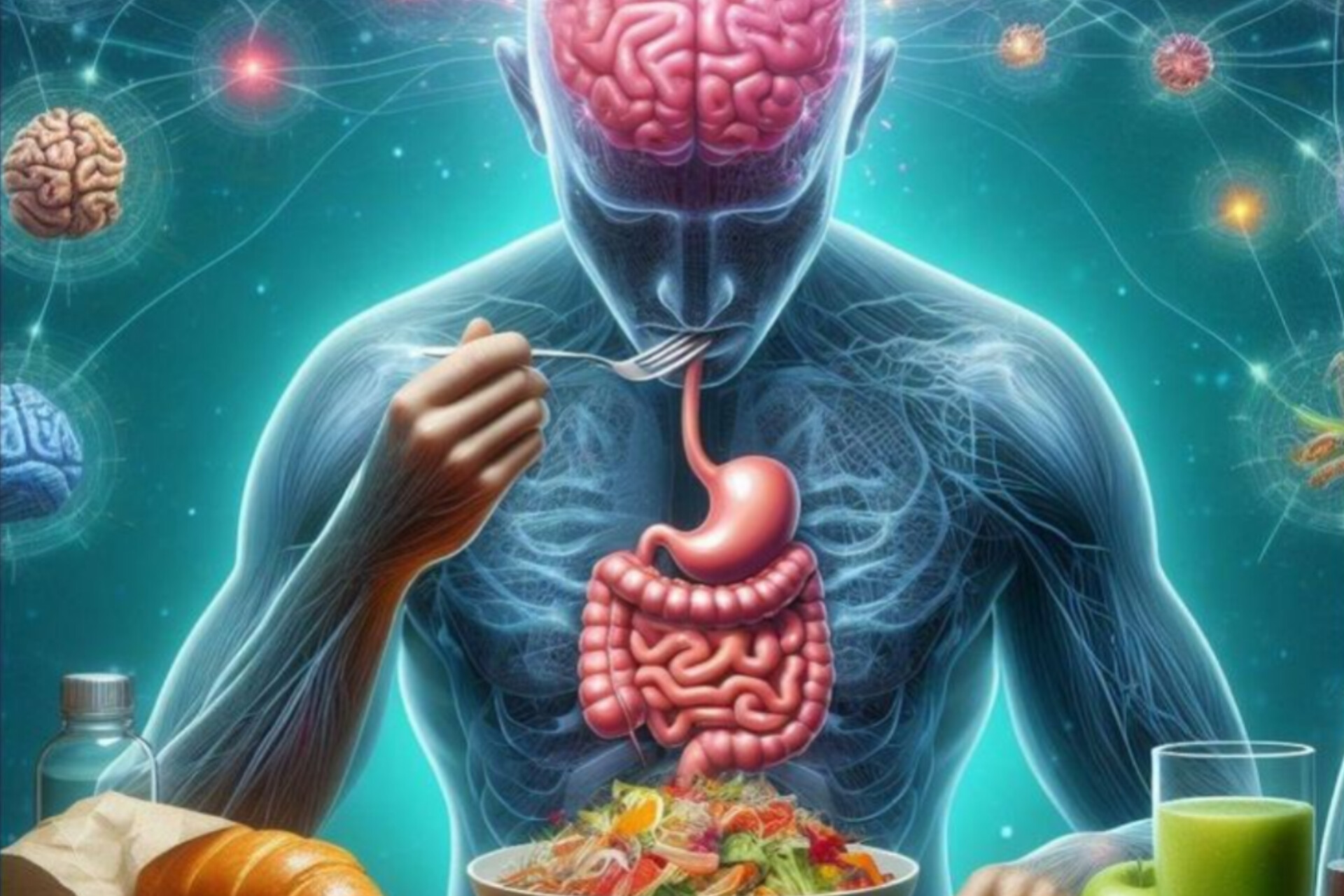
That “gut feeling” you get about people isn’t just a metaphor—it’s your enteric nervous system (literally your gut’s brain) processing information and sending signals to your head brain. With over 500 million neurons lining your digestive tract, your gut contains more neural tissue than your spinal cord, and it’s in constant communication with your brain through what scientists call the gut-brain axis.
We’ve spent decades thinking about gut health primarily in terms of digestion—bloating, gas, occasional stomach upset. But groundbreaking research reveals that your digestive system is actually mission control for your entire body, influencing everything from immune function and mental health to skin clarity and weight management. The bacteria living in your gut outnumber your human cells, and they’re actively affecting your mood, cravings, energy levels, and even your personality.
Understanding gut health isn’t just about fixing digestive issues, it’s about optimizing the control center that influences nearly every aspect of your health and well-being.
The Gut-Brain Connection: Your Internal Internet
The Vagus Nerve Highway
Your vagus nerve serves as the primary information superhighway between your gut and brain. This bidirectional communication system means that what happens in your gut directly affects your brain, and vice versa. Stress affects digestion, while digestive issues can trigger anxiety and depression.
Neurotransmitter Production in Your Gut
Your gut bacteria produce many of the same neurotransmitters found in your brain:
– Serotonin: 90% is produced in your gut, affecting mood, sleep, and appetite regulation
– GABA: Your gut produces this calming neurotransmitter that reduces anxiety
– Dopamine: Gut bacteria contribute to dopamine production, affecting motivation and reward systems
The Inflammatory Connection
Poor gut health triggers systemic inflammation that can affect brain function, contributing to brain fog, depression, and increased risk of neurodegenerative diseases.
Your Microbiome: The Ecosystem That Runs Your Body
Understanding Your Bacterial Residents
You’re not just human—you’re a walking ecosystem. The trillions of bacteria, viruses, fungi, and other microorganisms living in and on your body collectively form your microbiome. The gut microbiome alone contains more genetic material than your human DNA.
Microbiome Diversity Matters
A healthy gut microbiome is like a diverse rainforest—the more species present, the more resilient and stable the system. Modern lifestyle factors have dramatically reduced microbiome diversity, leading to various health issues.
Your Microbiome’s Multiple Jobs
Immune System Training: Gut bacteria educate your immune system, teaching it to distinguish between helpful and harmful substances.
Nutrient Production: Beneficial bacteria produce vitamins (especially B vitamins and vitamin K), short-chain fatty acids, and other essential compounds your body needs.
Toxin Processing: A healthy microbiome helps break down and eliminate toxins, reducing the burden on your liver and other detox organs.
Metabolism Regulation: Gut bacteria influence how you metabolize food, store fat, and regulate blood sugar.
Signs Your Gut Health Needs Attention
Obvious Digestive Symptoms
Chronic Bloating: Persistent bloating, especially after meals, often indicates bacterial imbalance or food sensitivities.
Irregular Bowel Movements: Healthy digestion should produce 1-3 well-formed bowel movements daily. Chronic constipation or diarrhea suggests gut dysfunction.
Gas and Digestive Discomfort: While some gas is normal, excessive or painful gas often indicates bacterial overgrowth or poor food breakdown.
Food Intolerances: Developing new sensitivities to foods you previously tolerated well can signal compromised gut barrier function.
Support For Gut Barrier Function
Bone Broth: Contains collagen and amino acids that support intestinal lining integrity.
Omega-3 Fatty Acids: Anti-inflammatory fats that support gut barrier function and reduce inflammation.
Glutamine: An amino acid that serves as fuel for intestinal cells and supports gut lining repair.
Zinc: Essential for maintaining tight junctions between intestinal cells.

